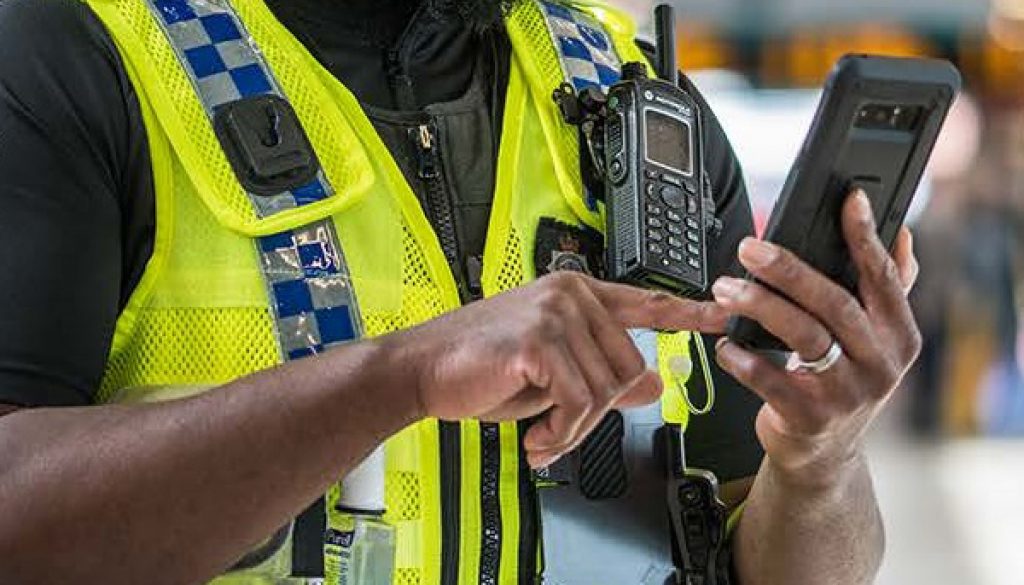
Introduction
Contravene order about device information from digital device (or a section 205A offence) is a charge which a defendant may find themselves facing in the event that they refuse to allow access to their devices when required by a search warrant under ss 154(1) or (2), 154A (2) or 178A(1) of the Police Powers and Responsibilities Act 2000 (PPRA).
The offence is taken very seriously by the courts and arose as a result of changes to the Criminal Code aimed at addressing serious and organised crime. The District Court of Appeal say that the offence is a serious one which strikes at the heart of the administration of justice. It involves a failure to comply with a court order. It follows that in considering the penalty to impose, it is necessary to take into account the need for general deterrence and denunciation.
Elements of the offence
The offence is a straightforward one, it arises when a person who, without reasonable excuse fails to give access to an electronic device when served with a relevant warrant under the PPRA or the Crime and Corruption Act.
This may look like refusal to give the password to an identified laptop or mobile phone during the execution of a search warrant.
It is important to note that Police in the serving of a warrant that contains the authority to search devices, must notify a person that failure to comply without a reasonable excuse constitutes an offence against s205A of the Criminal Code.
Defences
The key defence available for a defendant is having a reasonable excuse for not giving access to the device. The Court has determined that a reasonable excuse takes its ordinary meaning, effectively “would the average person believe that the excuse is reasonable”. The key case for the defence of reasonable excuse is Commissioner of Police v Barbaro [2020] QCA 230, where the court found that legal professional privilege is protected and could constitute a reasonable excuse. The Court made a clear distinction that not every instance where privilege is claimed will be a reasonable excuse, it will depend on circumstances and will be on the defence to establish a claim for privilege.
This is not the only example of a reasonable excuse, in early 2023 the Court determined in Queensland Police Service v Ahmed [2023] QMC 2, that the defendants excuse of not allowing male officers access to his device was reasonable, as the defendant’s phone contained photographs of his “uncovered” wife (note – the court heard and was satisfied that the defendant held genuine religious beliefs which would have been infringed had he allowed another male to view his uncovered wife). The court held that (amongst deficiencies in the prosecution case) a genuine religious belief could be constituted as a reasonable excuse to not comply with a warrant to provide access.
The legislature has deliberately excluded self-incrimination as a reasonable excuse. That is to say, it is not a reasonable excuse to not comply, if complying would incriminate you of an offence. This is consistent with the legislative intent for allowing law enforcement to conduct investigations into offences.
Why should I contact a lawyer if I am charged with this offence?
The simple answer is that the Court takes this charge very seriously. The most common penalty for this offence is a period of imprisonment, either wholly or partially suspended or to be served in actual custody.
The next question you might ask, is “if I am going to receive a sentence of imprisonment, why should I get a lawyer?” There are four different means in which imprisonment can be served (Russell Tannock of our office has written a comprehensive article here).
By engaging Clarity Law we are able to ascertain whether there is an available defence. We are able to review your case and assist in obtaining the best available outcome in the circumstances.
Conclusion
This article, is by no means a complete guide to this type of offence, but should be a useful starting point for someone who has been charged but not yet been to court. If you are charged with an offence, please contact our office for a free initial consultation.
How do I get more information or engage Clarity Law to act for me?
If you want to engage us or just need further no obligation information or advice then you can either;
1. Use our contact form and we will contact you by email or phone at a time that suits you
2. Call us on 1300 952 255 seven days a week, 7am to 7pm
3. Book a time for us to call you
4. Email the firms founder This email address is being protected from spambots. You need JavaScript enabled to view it.
5. Send us a message on Facebook Messenger






